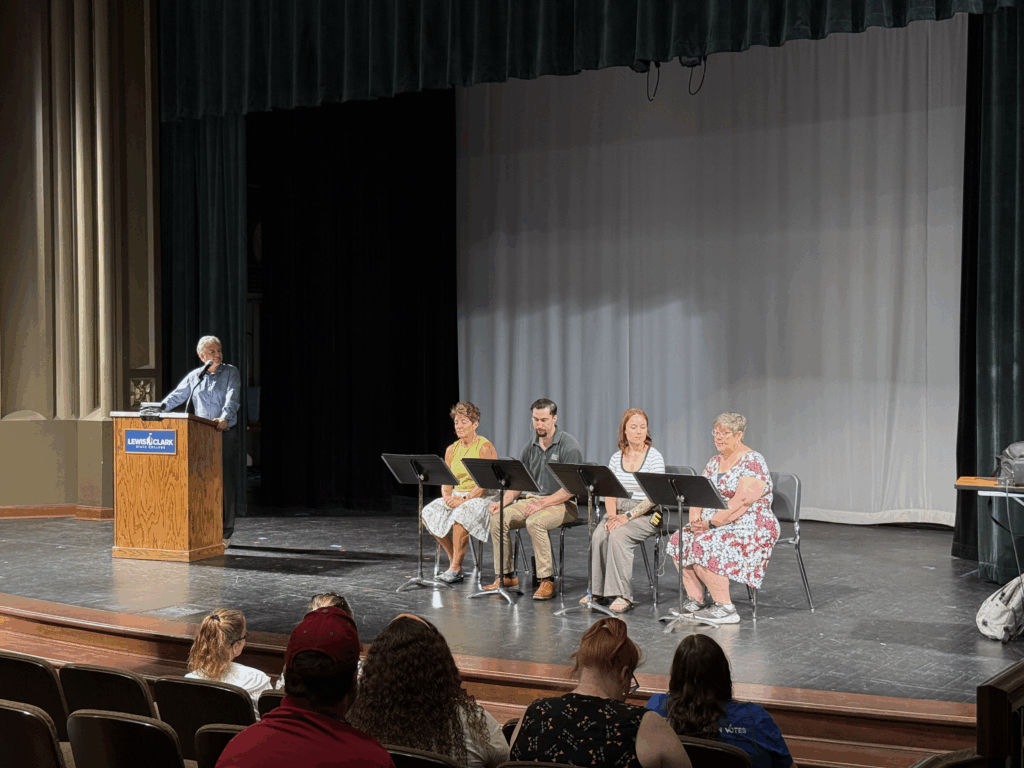Senate Education Committee members on Tuesday rejected legislation tying $40 million school funding to student achievement.
House Bill 595 was part of an attempt by State Superintendent Debbie Critchfield to recoup approximately $130 million appropriated to Idaho school districts during a special legislative session in 2022 but never doled out.
The legislation would have provided a new policy pathway for the funding to flow to districts after the state’s return to average daily attendance as the metric allocating funding and controversial changes to how legislative budget writers operate blocked its distribution.
Rejected Without Explanation
During the hearing, six Republicans on the panel voted against the measure without explaining their votes. But the bill’s detractors did engage in vigorous questioning of Critchfield that revealed their doubts that additional school funding could improve student achievement.
The discussion was similar to the back-and-forth debate during the bill’s deliberation by the full House of Representatives late last week. The House endorsed the bill, co-sponsored with Critchfield by Rep. James Petzke (R-Meridian), in a 41-28 vote.
According to one media report, Critchfield called the vote “puzzling.”
“It was disappointing to see the majority of an education committee not support a bill that promoted student outcomes,” she said. “Like policymakers in Texas, Arizona, Tennessee and other conservative states, we pursued this legislation as a direct response to those who insist that we must rethink the way we fund our public schools.”
During a 2022 special legislative session, lawmakers approved $330 million in new investments for K-12 education. However, the policy mechanisms typically tied to funding were short-circuited by 2023’s shift back to average daily attendance, leaving school districts without a significant portion of the funding allocated by lawmakers. A controversial shift in the state’s powerful Joint Finance and Appropriations Committee process for approving state agency budgets further complicated the issue.
Opens Door for Vouchers?
Tuesday’s vote leaves unanswered the question of how the funding appropriated in 2022, and legally required to be allocated to K-12 public schools, will be handled by the Legislature.
The abrupt, unexplained vote left Statehouse insiders wondering if pro-voucher lawmakers would like to divert that funding away from public schools altogether.
“The committee members who voted against this bill are consistent and often vocal proponents of voucher schemes — and have been very frustrated by the success of IEA members in keeping vouchers out of Idaho,” said Matt Compton, IEA’s associate executive director. “It would be unfortunate if there is a belief that 2022’s appropriation of new funding for K-12 public education can be diverted away from public school classrooms.”
Repeated attempts by pro-voucher lawmakers and lobbyists to introduce vouchers into the state have been thwarted, including the defeat of a tax credit voucher earlier this week.




